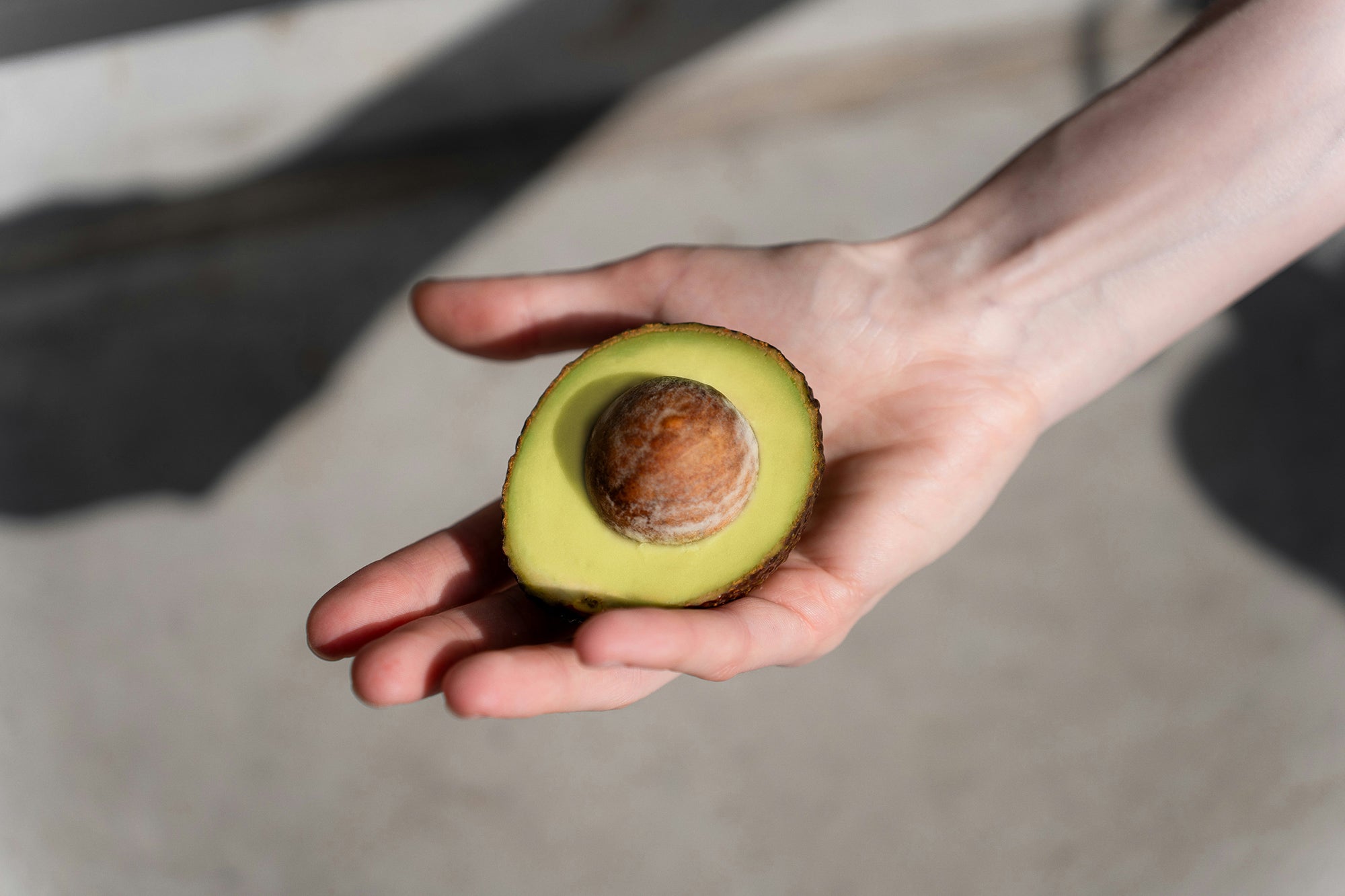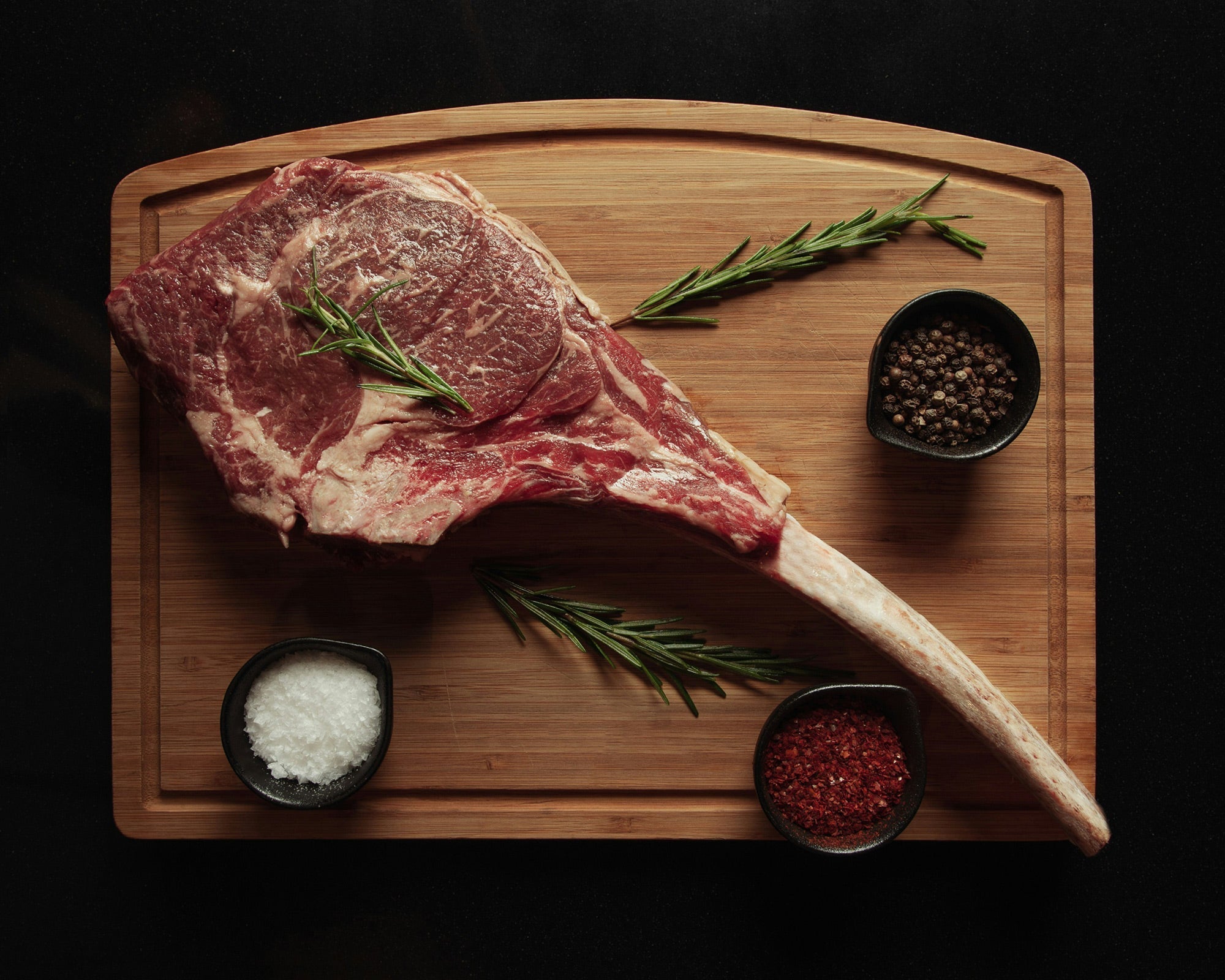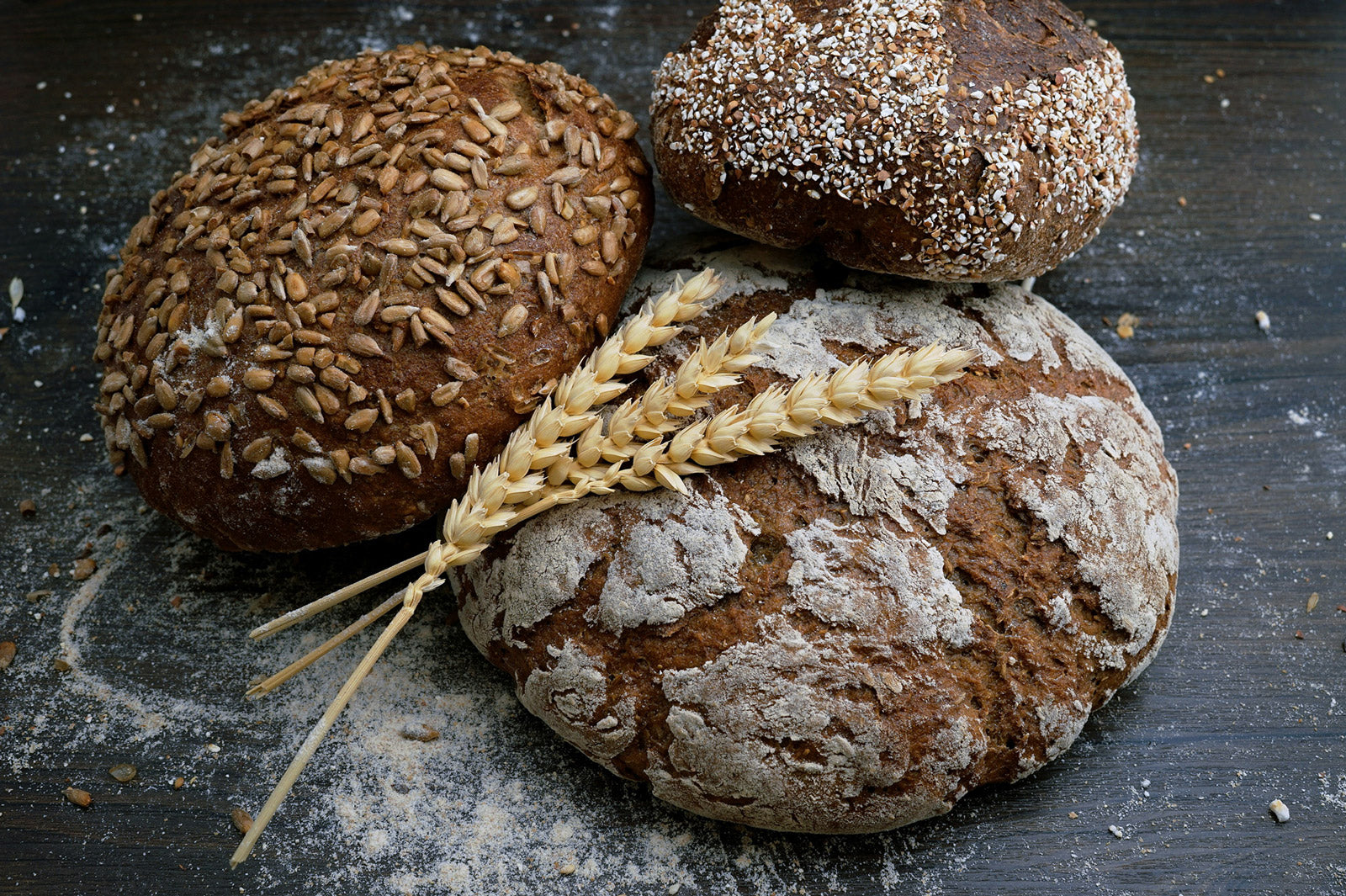When you bite into a piece of salmon, drizzle olive oil on your salad, or take your daily fish oil supplement, your body faces an important challenge: breaking down dietary fats so you can actually use them for energy and nutrition. This is where lipase, one of your body's most crucial digestive enzymes, steps in to do the heavy lifting.
Understanding how lipase works can help you make better choices about your diet and digestive health, especially if you're following a high-fat eating plan like the ketogenic diet or dealing with uncomfortable symptoms after eating fatty foods.
What Is Lipase?
Lipase is a specialized digestive enzyme whose primary job is breaking down fats (lipids) in the foods you eat. Think of it as molecular scissors that cut apart complex fat molecules, transforming them into smaller, more manageable pieces your body can actually absorb and use.
The name "lipase" comes from the Greek word "lipos," meaning fat, combined with the suffix "-ase," which indicates it's an enzyme. First discovered in 1846 by French physiologist Claude Bernard while studying pancreatic cells, lipase has since been found throughout nature in plants, fungi, microbes, and of course, the human digestive system.
Your body naturally produces lipase in several locations, with the pancreas being the primary source. However, smaller amounts are also made in your mouth (lingual lipase) and stomach (gastric lipase). These enzymes work together to ensure that the fats you consume don't just pass through your system unused.
The Science Behind Fat Digestion
To understand why lipase is so important, it helps to know what happens when you eat foods containing fats. Most dietary fats exist as triglycerides—complex molecules consisting of three fatty acid chains attached to a glycerol backbone. While these triglycerides are excellent sources of energy and essential nutrients, they're too large for your intestines to absorb directly.
This is where lipase enzymes come to the rescue. They work by "clipping off" the fatty acid chains from the glycerol backbone, breaking triglycerides down into smaller components: free fatty acids and monoglycerides. These smaller molecules are water-soluble and can easily pass through your intestinal wall into your bloodstream.
Once absorbed, these fatty acids serve multiple vital functions in your body. They provide energy for your cells, help build cell membranes, support hormone production, and enable the absorption of fat-soluble vitamins A, D, E, and K. Without adequate lipase activity, you miss out on these crucial benefits, and undigested fats can cause uncomfortable digestive symptoms.
Why Your Body Needs Adequate Lipase
The importance of lipase extends far beyond just breaking down the obvious fats in your diet. This enzyme is essential for processing the hidden fats found in nuts, seeds, dairy products, meat, and even some vegetables. It also plays a crucial role in helping your body utilize beneficial supplements like omega-3 fatty acids and fat-soluble vitamins.
When lipase function is optimal, fat digestion happens smoothly and efficiently. The broken-down fatty acids are quickly absorbed, providing your body with sustained energy and supporting cellular function throughout your system. This efficient process also helps maintain healthy bowel movements and prevents the accumulation of undigested fats that can lead to digestive discomfort.
Additionally, proper fat digestion is crucial for maintaining a healthy gut microbiome. The short-chain fatty acids produced through lipase activity serve as preferred fuel for beneficial bacteria in your colon, supporting overall digestive health and immune function.
Signs You Might Need Lipase Support
Your body usually gives clear signals when fat digestion isn't working optimally. Common symptoms of inadequate lipase activity include bloating and discomfort after eating fatty meals, excessive gas, loose or oily stools, and feeling overly full for extended periods after eating.
These symptoms are particularly common when consuming high-fat meals, taking fish oil supplements, or following eating plans that emphasize healthy fats. The discomfort occurs because undigested fats can slow stomach emptying, leading to prolonged feelings of fullness and bloating as food sits in your digestive system longer than it should.
Some people are more likely to experience lipase insufficiency than others. Those who have had gallbladder surgery, individuals with pancreatic conditions, people following ketogenic or other high-fat diets, and older adults may find that their natural lipase production doesn't keep up with their dietary needs.
The Benefits of Lipase Supplementation
Lipase supplements can provide significant support for those experiencing fat digestion challenges. The primary benefit is improved breakdown of dietary fats, which can reduce the uncomfortable symptoms associated with high-fat meals and help your body better utilize the nutrients in fatty foods.
When you take lipase supplements with meals, they begin working immediately to break down triglycerides, often preventing the delayed stomach emptying that causes bloating and discomfort. This is particularly beneficial for people following ketogenic diets, where fat makes up a significant portion of daily calories.
Lipase supplementation can also enhance the effectiveness of beneficial fat supplements. If you're taking fish oil, omega-3 capsules, or fat-soluble vitamins, taking them with lipase enzymes can improve absorption and help you get more value from these supplements.
Beyond digestive comfort, adequate lipase activity supports overall nutritional status by ensuring your body can access and utilize the essential fatty acids and fat-soluble vitamins in your diet. This can contribute to better energy levels, improved skin health, and enhanced overall well-being.
Types of Lipase and Their Sources
Not all lipase enzymes are created equal. Your body produces several different types, each with specific characteristics and optimal working conditions. Pancreatic lipase, the most abundant type, works best in the alkaline environment of your small intestine. Gastric lipase functions in the acidic environment of your stomach, while lingual lipase begins working in your mouth.
Lipase supplements can be derived from different sources, each with unique advantages. Animal-derived lipases, such as those from porcine (pig) pancreas, closely mimic human pancreatic lipase but require a prescription and work primarily in the alkaline environment of the small intestine.
Microbial and fungal lipases, derived from sources like Aspergillus fungi, offer several advantages for dietary supplementation. These enzymes are acid-stable, meaning they can begin working in the acidic environment of your stomach, potentially providing faster relief from fat digestion issues. They're also available without a prescription and are suitable for vegetarians.
Lipase and Special Diets
Lipase supplementation can be particularly valuable for people following specific dietary approaches. The ketogenic diet, which derives 70-80% of calories from fats, places enormous demands on your body's lipase production. Many people new to keto experience digestive discomfort as their systems adjust to processing much higher fat intake than usual.
Similarly, the paleo diet often includes higher amounts of natural fats from nuts, seeds, avocados, and fatty fish. While these are healthy fat sources, they still require adequate lipase activity for optimal digestion and absorption.
For individuals following plant-based diets who consume significant amounts of nuts, seeds, and oils, lipase supplements can help ensure optimal digestion of these important fat sources. This is particularly relevant since plant-based diets often include higher fiber intake, which can sometimes interfere with fat absorption.
Athletes and active individuals who consume higher-calorie diets often include substantial amounts of healthy fats for sustained energy. Lipase supplementation can help ensure these calories are efficiently utilized rather than causing digestive distress.
Supporting Your Natural Lipase Production
While supplements can provide valuable support, there are also natural ways to optimize your body's lipase production and fat digestion capabilities. Maintaining a healthy pancreas through balanced nutrition and avoiding excessive alcohol consumption helps preserve natural enzyme production.
Chewing your food thoroughly gives lingual lipase more time to begin the fat digestion process in your mouth. This preliminary breakdown can make the job easier for enzymes working downstream in your digestive system.
Eating smaller, more frequent meals rather than large, heavy ones can prevent overwhelming your digestive system's lipase capacity. This approach is particularly helpful if you're increasing your fat intake or dealing with existing digestion challenges.
Managing stress is also important, as chronic stress can interfere with digestive enzyme production and overall digestive function. Practices like mindful eating, regular exercise, and stress reduction techniques can support optimal digestion.
Timing and Usage Considerations
When using lipase supplements, timing is crucial for optimal effectiveness. Taking them at the beginning of meals ensures the enzymes are present when fat digestion begins. This allows them to work throughout the meal rather than trying to catch up with food that's already in your system.
The amount needed can vary significantly between individuals and depends on factors like the fat content of your meal, your natural enzyme production, and your digestive health status. Starting with smaller amounts and gradually increasing based on your response is often the most comfortable approach.
It's worth noting that lipase supplements are generally well-tolerated, and there's no established upper limit for oral enzyme supplementation. However, some people may need time to adjust to improved fat digestion, especially if they've been avoiding fatty foods due to digestive discomfort.
Safety and Considerations
Lipase supplements are generally considered safe for most people when used as directed. However, there are some important considerations to keep in mind. Individuals with known allergies to the source organisms used to produce the enzymes should exercise caution and consult with healthcare providers.
People taking prescription medications should be aware that improved fat absorption might affect the uptake of fat-soluble medications. If you're taking any medications, especially those that are fat-soluble, discuss enzyme supplementation with your healthcare provider.
Those with serious pancreatic conditions or a history of pancreatitis should work with their healthcare team before adding enzyme supplements to ensure they complement rather than interfere with any prescribed treatments.
The Role of Lipase in Overall Digestive Health
Lipase doesn't work in isolation—it's part of a complex system of digestive enzymes that work together to break down all the different components of your meals. Proteases handle proteins, amylases work on carbohydrates, and lipases take care of fats. When all these enzymes are working efficiently, digestion proceeds smoothly and comfortably.
This interconnected system means that supporting one aspect of digestion often benefits the whole process. Many people find that addressing fat digestion with lipase supplementation improves their overall digestive comfort and allows them to enjoy a wider variety of foods without discomfort.
The digestive benefits of optimal lipase activity extend beyond immediate comfort. Proper fat digestion supports the absorption of fat-soluble vitamins, contributes to healthy cell membrane function, and provides the raw materials for important hormone production.
Making Lipase Work for You
Understanding lipase and its role in fat digestion empowers you to make informed decisions about your digestive health. Whether you're dealing with occasional discomfort after fatty meals, following a high-fat diet, or simply want to optimize your nutrient absorption, supporting your body's lipase activity can make a significant difference.
The key is recognizing that digestive enzymes like lipase are tools that can help you achieve better digestive comfort and nutritional status. They're not a cure-all, but rather a way to support your body's natural processes and help you get the most from the foods you eat.
Remember that everyone's digestive needs are unique. What works for one person may need adjustment for another. Pay attention to your body's signals and be willing to experiment with timing, amounts, and combinations to find what works best for your individual situation.
Take Control of Your Fat Digestion Today
If you're experiencing discomfort after eating fatty foods, following a high-fat diet, or simply want to optimize your digestive health, lipase supplementation might be the missing piece in your wellness routine.
Houston Enzymes Lypazyme is specifically formulated with three different types of lipase enzymes to ensure complete breakdown of triglyceride fats. This unique combination works to break down fats into beneficial short-chain fatty acids, making it ideal for high-fat meals, ketogenic diets, and fish oil supplementation.
For those seeking comprehensive digestive support, Houston Enzymes TriEnza offers broad-spectrum enzyme support that includes lipase alongside enzymes for proteins, carbohydrates, and fiber. This makes it perfect for overall digestive wellness and food tolerance support.
Both products are formulated by Dr. Devin Houston, an enzyme biochemist with over 30 years of research experience, ensuring you get professional-grade enzyme supplementation you can trust.
Ready to experience the difference that proper fat digestion can make? Visit www.houston-enzymes.com to explore our complete line of enzyme products and find the solution that's right for your digestive needs. Your gut—and your overall health—will thank you.


